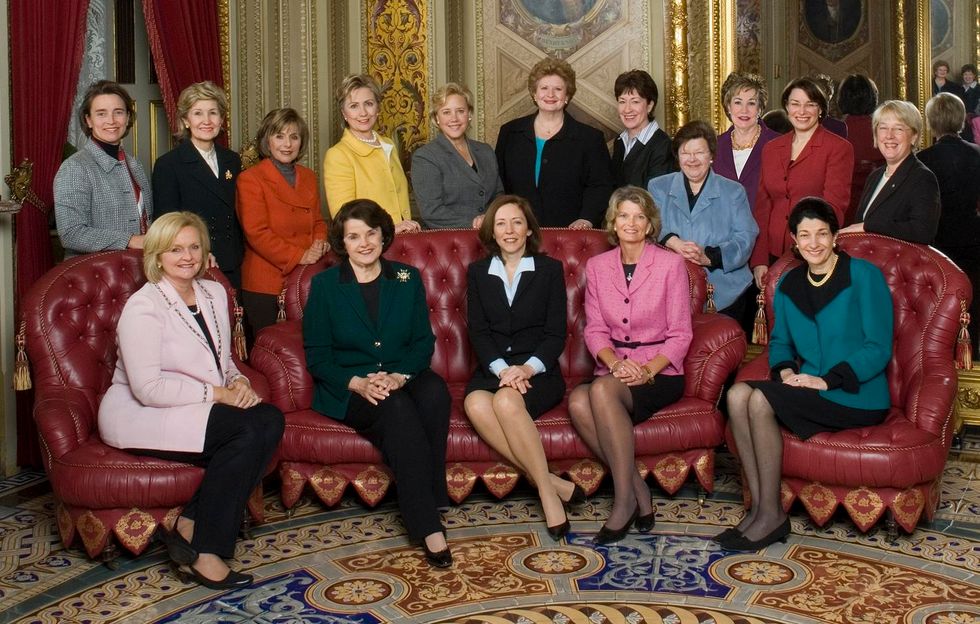As former president Barack Obama commented at the event "Les Napoleons" in France on leadership, "men seem to be having some problems these days."
It is a fact that there has been an explosion of sexual harassment allegations against various men in the media over the recent weeks. While spreading rumors and creating false stories will only cause more misunderstanding and harm, I believe that reporting on these allegations can highlight pertinent issues that are rooted deeper than "locker room talk."
In response, women have taken to raising their own voice. At your next midterm election, you might notice just a few more women on the ballot than previous years. The Center for American Women and Politics at Rutgers reports there are hundreds of women running for official positions from local city council to Congress.
It's not surprising that action is gaining traction. The New York Times followed several women-turned-politicians in the past year following the inauguration of President Trump and recent sexual harassment allegations against powerful men. According to Michael Tackett, who wrote the article, "the number of women challenging incumbents [in the House] is almost four times the number at the same period in 2015." I love this. When the topic of gender roles comes up in class, there is a general consensus that there should be some type of action, but we end up taking no action ourselves. Being a student, it's a bit difficult to make a substantial change in the workforce, and so it is so refreshing to see real change before my own eyes.
Fun fact! Did you know that from official government positions ranging from Congress members to local city mayors, only about 19-25% are women? A bit strange, considering women make up 50.8% of the American population, about 60% of undergraduate and graduate degrees, and 47% of law degrees.
And yes, the number of male candidates has also increased but proportionally less than women challenging the current office holders. I am so grateful to live in an era in which women are empowered to make a change, to take action. I for one plan to vote for the first time next year at the midterm elections. Although I won't be entering the political scene anytime soon, I want to at least put in my vote and change the underrepresentation in our current government official positions. This is not a partisan issue; this is an equality issue. We are the government, and if we do not choose to participate, then it's a bit more difficult to complain about the political climate.






 StableDiffusion
StableDiffusion StableDiffusion
StableDiffusion StableDiffusion
StableDiffusion Photo by
Photo by  Photo by
Photo by  Photo by
Photo by 
 Photo by
Photo by  Photo by
Photo by  Photo by
Photo by  Photo by
Photo by  Photo by
Photo by 









